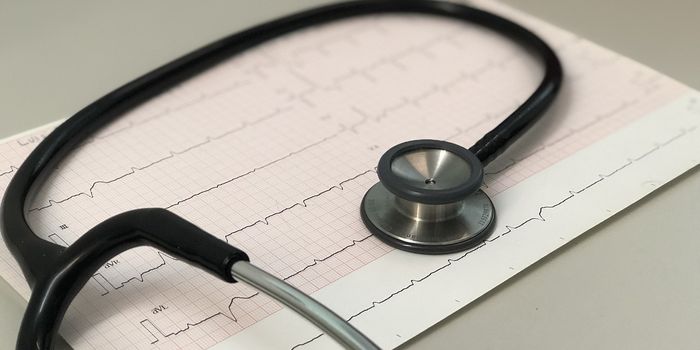Researchers at the University of California, San Diego School of Medicine have identified a key piece in the complex molecular puzzle underlying heart failure - a serious and sometimes life-threatening disorder affecting more than five million Americans.
In a study published in the March 5 online issue of Cell Reports, Xiang-Dong Fu, PhD, and colleagues explored the heart's progression from initial weakening to heart failure, and found that a protein, known as RBFox2, plays a critical role in this process.

Contrary to its name, heart failure does not mean the heart completely stops working, but rather that the heart muscle becomes weakened to the point that it can no longer pump enough blood for the body's needs. Coronary artery disease, high blood pressure, and heart defects are among various factors that can lead to heart failure, which has no cure and is currently treated with medications, lifestyle changes, oxygen, and cardiac devices. In some cases, a heart transplant is required.
Fu and his team studied the cellular changes that occur during the weakened heart muscle's transition from working harder to maintain proper blood flow, known as the compensatory stage, to failing to sustain adequate blood supplies, known as decompensation. "Numerous signaling molecules have been shown to be part of the compensatory program, but relatively little was known about the transition to decompensation that leads to heart failure," Fu says.
"We've learned that the RBFox2 protein is very important in keeping the heart muscle strong," he says. "Our research shows its diminished expression coincides with the weakening of the heart muscle. This strongly suggests a causal role for this protein in heart failure. By understanding these mechanisms, we may be able to find a way to prevent the decreased expression of RBFox2, which may help in preventing heart failure."
[Source: UCSD]









